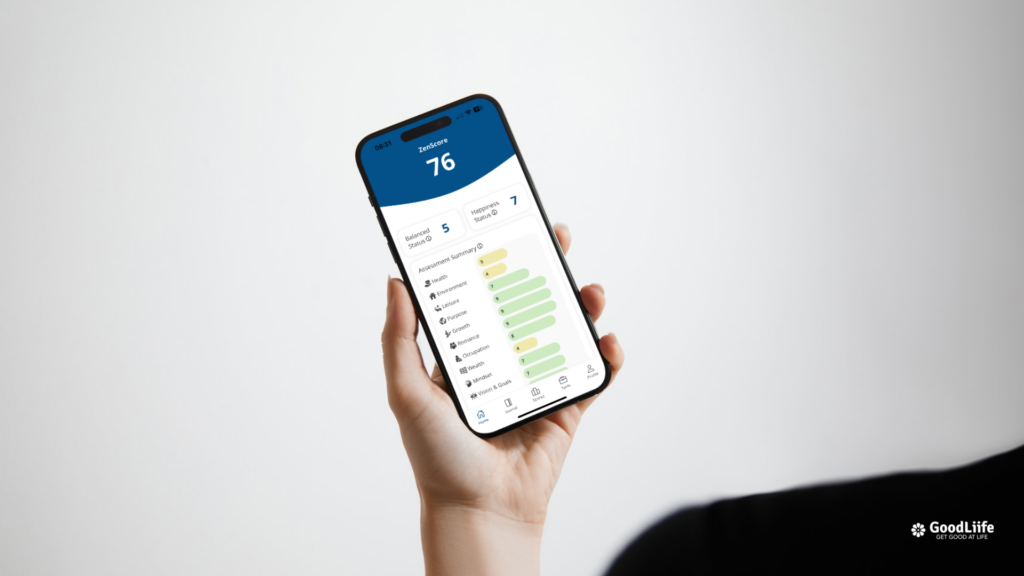Nowadays, professionals struggle to maintain a balance between career success and personal well-being. This has created a growing demand for work-life balance coaching, making it a highly profitable niche for life coaches. Specializing in this area allows you to help individuals reduce stress, improve productivity, and achieve a healthier lifestyle while building a lucrative coaching business.
Why Work-Life Balance Coaching is in High Demand
Many professionals face challenges such as:
- Long work hours leading to burnout
- Increased remote work blurring personal and professional boundaries
- Poor time management and productivity struggles
- Stress-related health issues affecting overall well-being
- Lack of fulfillment in personal and family life
Work-life balance coaching addresses these pain points by providing strategies that improve harmony between work and personal life, ultimately leading to increased job satisfaction and improved overall well-being.
What Does a Work-Life Balance Coach Do?
A work-life balance coach helps clients develop practical strategies to manage stress, set boundaries, and prioritize their time effectively. The core responsibilities include:
- Assessing clients’ current lifestyle and identifying imbalances
- Setting clear and achievable goals for work-life harmony
- Developing personalized time management strategies
- Teaching stress reduction techniques like mindfulness and self-care
- Helping clients set and maintain boundaries with work and personal commitments
- Providing accountability and motivation for sustainable lifestyle changes
How to Specialize in Work-Life Balance Coaching
If you want to establish yourself as an expert in this niche, follow these steps:
1. Get Certified in Life Coaching and Specialize
While certification is not legally required, enrolling in a life coaching program with a focus on work-life balance can enhance your credibility. Recommended certifications include:
- International Coach Federation (ICF) – Offers various life coaching programs with specialization options
- Institute for Professional Excellence in Coaching (iPEC) – Provides energy leadership coaching, ideal for stress management
- Certified Life Coach Institute (CLCI) – Offers fast-track certification courses
2. Develop a Signature Coaching Program
To differentiate yourself, create a structured coaching program tailored for work-life balance clients. Your program can include:
- One-on-one coaching sessions for personalized strategies
- Workshops and group coaching for businesses and corporate clients
- Online courses and webinars on time management and self-care techniques
- Self-paced digital products like eBooks, planners, and video lessons
3. Identify Your Target Audience
Work-life balance coaching appeals to a broad audience, but narrowing your niche can make your marketing more effective. Potential clients include:
- Corporate professionals experiencing burnout
- Entrepreneurs struggling to balance business and personal life
- Working parents seeking better time management
- Freelancers and remote workers needing structure

4. Leverage Content Marketing & Thought Leadership
To attract clients, position yourself as an expert by creating valuable content related to work-life balance. Consider:
- Blogging about stress management, boundary-setting, and self-care
- Hosting webinars and live Q&A sessions on work-life balance topics
- Launching a podcast featuring industry experts discussing productivity and wellness
- Engaging on social media with tips, client testimonials, and interactive discussions
5. Use SEO and Digital Marketing to Attract Clients
Optimize your website and content with keywords like work-life balance coaching, stress management coaching, and time management coaching to improve search engine visibility.
Effective digital marketing strategies include:
- Social media marketing (LinkedIn, Instagram, Facebook groups)
- Email marketing campaigns offering free resources and consultations
- Collaborations with wellness professionals (therapists, HR consultants, business coaches)
- Running targeted ads to attract professionals looking for work-life balance solutions
6. Offer Corporate Coaching Services
Many companies are prioritizing employee wellness and work-life balance programs. Partnering with organizations to provide coaching services can be a lucrative opportunity. Services you can offer include:
- Corporate wellness programs for stress reduction
- Employee productivity workshops
- Leadership coaching for managers to promote better work-life balance within teams
Integrating the GoodLiife Score for Enhanced Coaching
One effective way to differentiate yourself is by using the GoodLiife Score, a tool that provides measurable insights into personal and professional well-being.

Benefits of the GoodLiife Score in Work-Life Balance Coaching:
- Personalized Assessments: Helps clients identify key areas of imbalance.
- Progress Tracking: Allows clients to see measurable improvements in their work-life balance journey.
- Accountability & Motivation: Encourages clients to stay committed to their goals.
- Data-Driven Coaching: Provides structured insights that enhance coaching effectiveness.
By integrating the GoodLiife Score into your coaching program, you can offer a more structured, results-driven approach that enhances client retention and success.
Conclusion
Work-life balance coaching is a profitable and impactful niche for life coaches. With increasing demand from professionals and businesses, this specialization presents an opportunity to build a successful and fulfilling coaching career. By gaining certification, developing a structured coaching program, leveraging content marketing, and using tools like the GoodLiife Score, you can position yourself as an expert in this growing field and attract long-term clients.
For more information on GoodLiife, visit www.goodliife.net or download the app from the App Store.

Leave a Reply